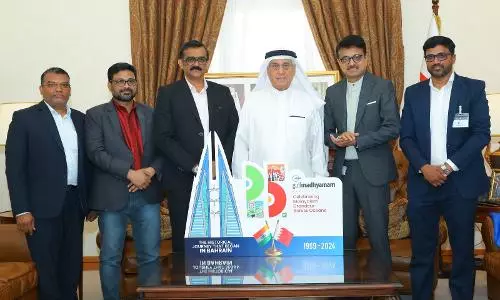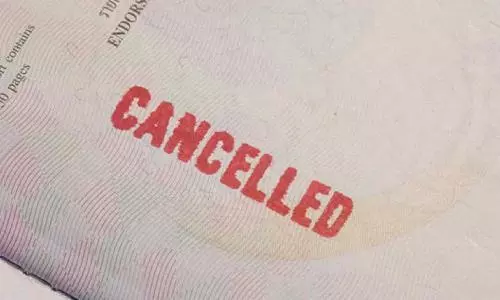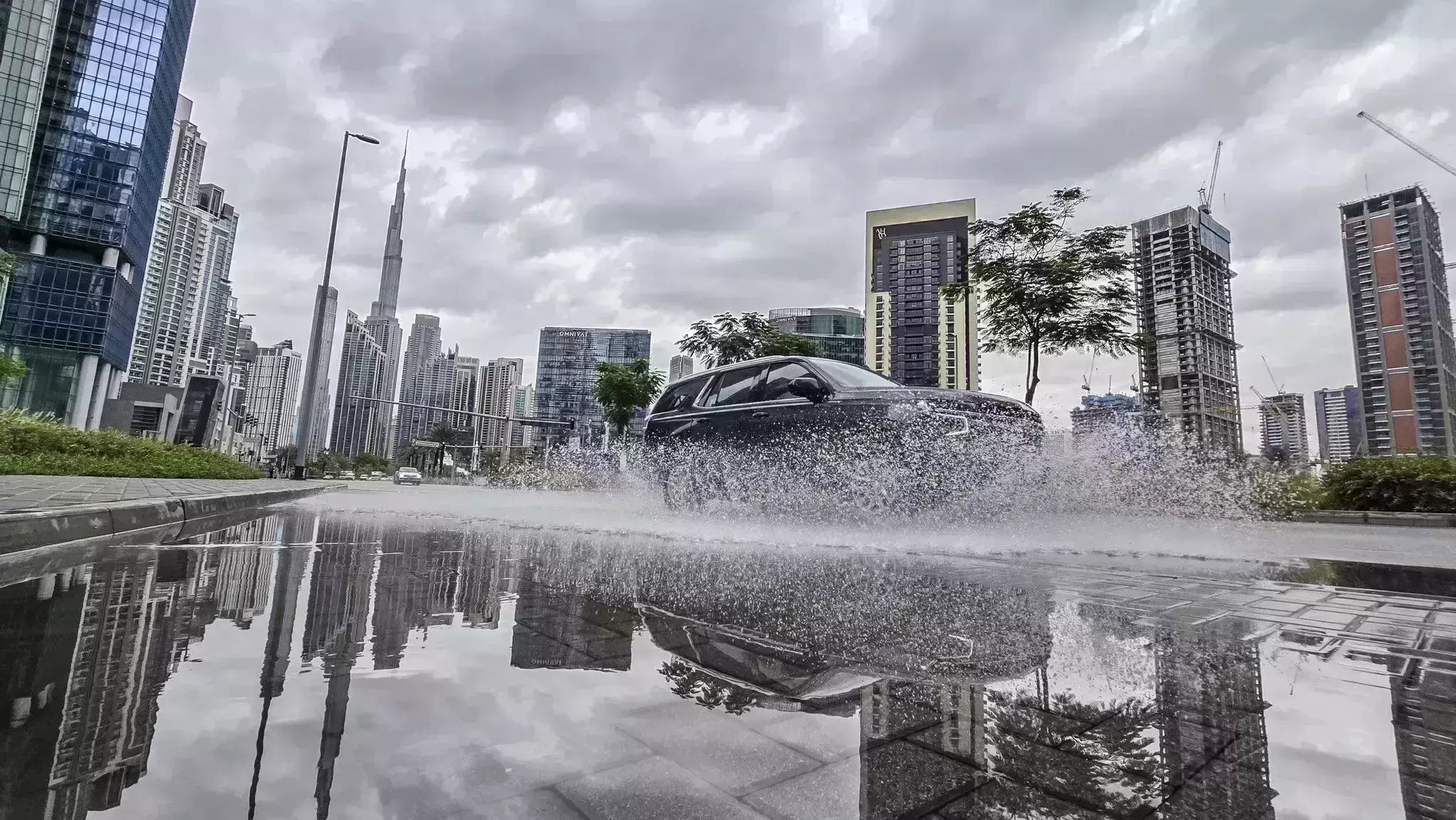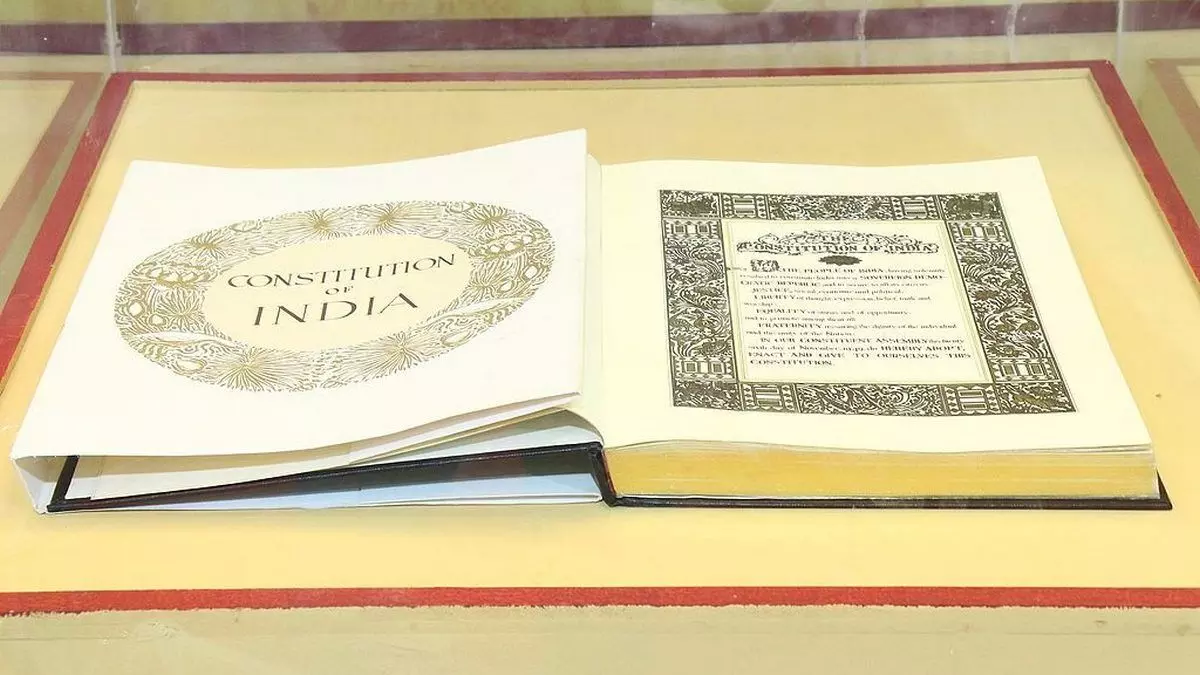
Which direction is India heading?
text_fieldsWhither India? This is a question the world is asking. And with concern. We also need to ask ourselves on the eve of the 73rd Republic Day of India where are we heading. This is a question Jawaharlal Nehru had asked nearly 90 years ago. Freedom from the British colonialism was still not on the horizon. Yet there were debates about what this freedom was, how it would be realised. Nehru tried to ask these questions in his famous pamphlet titled "What then are we driving at? Freedom? Swaraj? Independence? " … Words which may mean much or little or nothing at all. Again, whose freedom are we particularly striving for? For nationalism covers many sins and includes many conflicting elements. There is the feudal India of princes, the India of zamindars, big and small, of farmers and of workers and the middle class. A more vital conflict of interest arises between these possessing classes as a whole and others; between the 'haves' and 'have-nots.'
When we read him, it is clear that he is mainly dealing with the economic question. But human beings are not merely economic animals. The effective aspect of freedom is driven by the quest for a good life. Nehru says that freedom is essential for good life which means national freedom so for the nation, and personal freedom as far as the individual is concerned.
The idea of the freedom of the individual is central to the imagination of national freedom if we look at the debates our great minds were having then. Who is an individual? Can everyone claim individuality? For this, each one of us needs to have a feeling of equality and a sense of autonomous self which can take decision and also has freedom to act according to that.
In a caste-ridden, unequal society like India, attaining Individuality was in itself a tough battle. It was fighting with those who belonged to the same nation but did not really belong to one another. Similarly with women. Without this self, how can I say that I belong to either a nation or a people.
And yet it was for India that people were being asked to sacrifice themselves. Which India?
Allen Horup, the Dane journalist, peace activist and a friend of Gandhi told him that it was her folly to think after meeting Gandhi that she had understood India. After spending some time with India, she had realised that India was much more than Gandhi. He was after all a male and that too a Hindu male. To know and understand India she needed to move beyond him.
India consisted of identities more varied and often in conflict with each other. This largeness of India was daunting. Hundreds of tongues and so many ethnicities!
To create a nation out of this diverse, differentiated and unequal populace was an ambitious project. Yet the founders of the nation accepted the challenge and embarked on an adventurous journey India was to be.
People had to be true to India but India had also to be true to its individuals. Speaking to a group of minsters for the river valley projects, Nehru said, " Once I was asked, 'what is your principal problem? How many problems do you have?' I said, 'we have got 360 million problems in India'. Now that answer amused people, but it has an essential truth in it: that all our problems have to be viewed from the point of view of the 360 million individuals, not some statistical mass. …we must think in terms of individuals, individual happiness and individual misery."
Human beings and not abstractions or numbers. And yet, 70 years after this appeal, a young man cried out in despair, "The value of a man was reduced to his immediate identity and nearest possibility. To a vote. To a number. To a thing. Never was a man treated as a mind. As a glorious thing made up of star dust. In every field, in studies, in streets, in politics, and in dying and living."
Rohit Vemula could not bear being reduced to a number, a vote, his immediate identity. Refusal of the society , the nation to recognize you as a unique individual, a mind is the ultimate insult. And it killed Rohit.
We did not realize that Rohit's misery was accentuated in a space which was supposed to help him achieve, realize his self, his individuality. It was a failure of the institution of university as well as that of the state. Modern states are supposed to talk to individuals.
Mohsin Sheikh was reduced to the abstraction of his Muslimness and killed in the month of June, 2014. He was not recognized as an individual. His immediate identity became the cause of his death. It was said after that the individualities of Mohsin or Akhalq or Pehlu or Junaid and scores like them became a collateral damage in the battle for creation of a single Indian identity. Muslims were told that for them to have the right to individuality they must shed the narrow identity of Muslimness and acquire the larger identity of Indianness which is nothing but Hinduness. Otherwise they'll be tied to their immediate identity and robbed of all their individual rights.
This is what Sharjeel Imam is told when his education and knowledge which we think help us evolve as individuals is seen as a conspiracy to destroy the larger, the only valid identity of Indianness. When the Kashmiri jouranalist Sajad Gul is denied his liberty, an individual's right , as he being an educated Muslim can be dangerous to the integrity of the nation.
An airhostess, a journalist, a research scholar, a radio presenter, an actor: all of them rose on the first day of the new year to realize that their individual dignity has been destroyed as they have been auctioned online as Bulli bai, a derogatory reference to a Muslim woman. They are all very different individuals, realizing the promise that the Indian Constitution had made to them and suddenly they find themselves reduced to their Muslim identity.
So, the larger Indian identity which was thought to be a liberating idea has become a prison, a blade of guillotine which chops off differences. This India tells Kerala to celebrate Vamana and forget Mahabali, tells Bengal to leave Durga and Kali for Ram and Bajrangbali, tells the Miya poets to slash their tongues and blabber in Assamese, asks the officials in Madhya Pradesh to replace Urdu words with the pure Hindi words.
This India demands answer, "Bharat Mata ki Jai or Allahu Akbar? " A century old Gandhi responds why don't you make Allahu Akbar as your national cry!
Whither India? The India that was an invitation to participate in an adventurous journey now sounds as a threat. We have certainly lost our way. When on this Republic Day I watch the Triclour unfurl and the national anthem played, I recall the words of my young friend Alishan Jafri, "The national anthem always gave me goosebumps. But when I saw Faizan and his friends being murdered after the police forced them to sing the national anthem, I stopped getting those goosebumps. Every time, I hear the national anthem I am reminded of Faizan, his innocent blood, his shattered family and the murderers in uniform who continue to remain untouched by the law, perhaps testing my patriotism in a lock-up."
So, how to get back to the path our Constitution had opened for us? How can we do that without that moral compass of liberty, justice, equality and fraternity?
(The author teaches Hindi at Delhi University and is a regular columnist and political commentator. Views are personal)
























